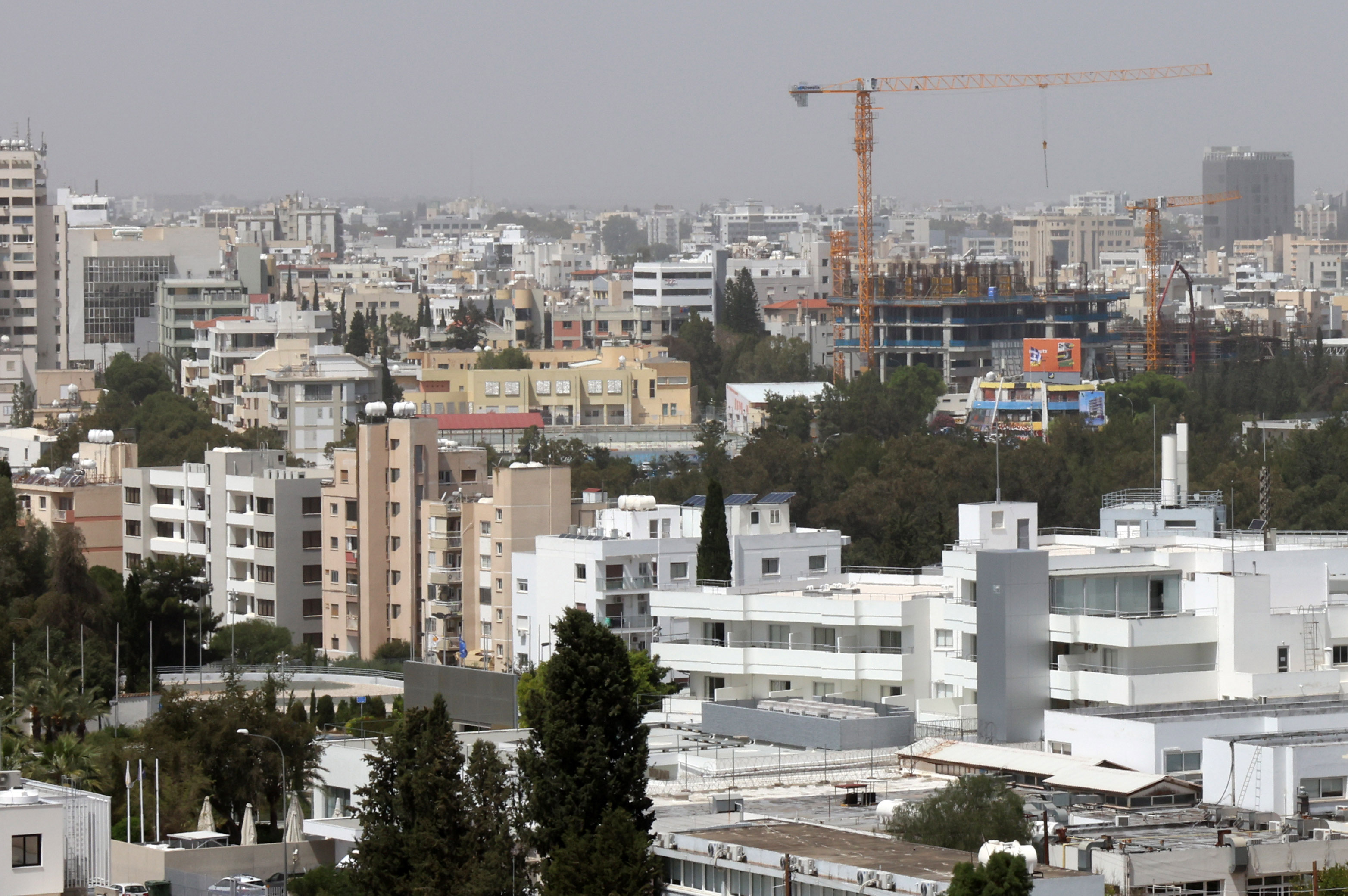The real estate sector remains resilient amid escalating global trade tensions and the onset of a trade war, according to Andreas Christophorides, CEO of Landbank Group.
As uncertainty spreads across the global economy, he noted that while stock markets have been hit hard, real estate has remained relatively steady and shows no major short-term risks.
In his view, it is important to understand both the challenges and the opportunities that may emerge in this environment.
Trade wars, he explained, disrupt global trade flows and create an atmosphere of investment insecurity. Even so, real estate often stands out as a viable alternative to equities—particularly during periods of heightened market volatility.
Christophorides pointed to the traditional stability associated with property, calling it “an attractive safe-haven asset.”
He added that investors tend to turn to tangible assets such as land and buildings during turbulent times, as these retain intrinsic value and are less exposed to the fluctuations triggered by trade disputes.
“It’s no exaggeration to say that real estate serves as a ‘safe harbor in the storm of financial markets,’” he said.
Still, he warned that a prolonged trade war could eventually slow global economic growth, which in turn may dampen demand for property.
Both local and international investors, he said, may adopt a more cautious stance—delaying large-scale investments.
The residential sector, in particular, could face pressure from rising costs as tariffs push up prices for construction materials and raw inputs.
In contrast, the outlook in Cyprus appears more stable. Property demand remains strong, supported by both domestic and foreign buyers looking for permanent residences or sound investment opportunities.
According to Christophorides, “The island’s growing tourism sector and a strong services industry continue to underpin the resilience of the real estate market.”
He acknowledged that economic uncertainty can lead to hesitation among buyers and sellers—but also argued that this can create room for strategic investors.
“This hesitation can also open up opportunities for strategic investors who are ready to act and capitalize on possible price corrections,” he said.
As such, he believes real estate professionals must remain alert and ready to adapt.
“We have a responsibility to closely monitor developments, assess potential impacts, and adjust our strategies accordingly,” he said.
Offering clients timely, realistic advice—while staying flexible, in his view, is essential to navigating current conditions.
Christophorides also emphasised the increasing importance of technology and data in today’s market. Leveraging tools for data collection and analysis, he said, is now critical.
“The ability to promptly identify trends and adapt strategies is key to preserving value and ensuring the resilience of the property market,” he said.
“At the same time, it enables us to recognise and seize new opportunities that may arise—even in the midst of a trade war”, Chistophorides concluded.






Click here to change your cookie preferences